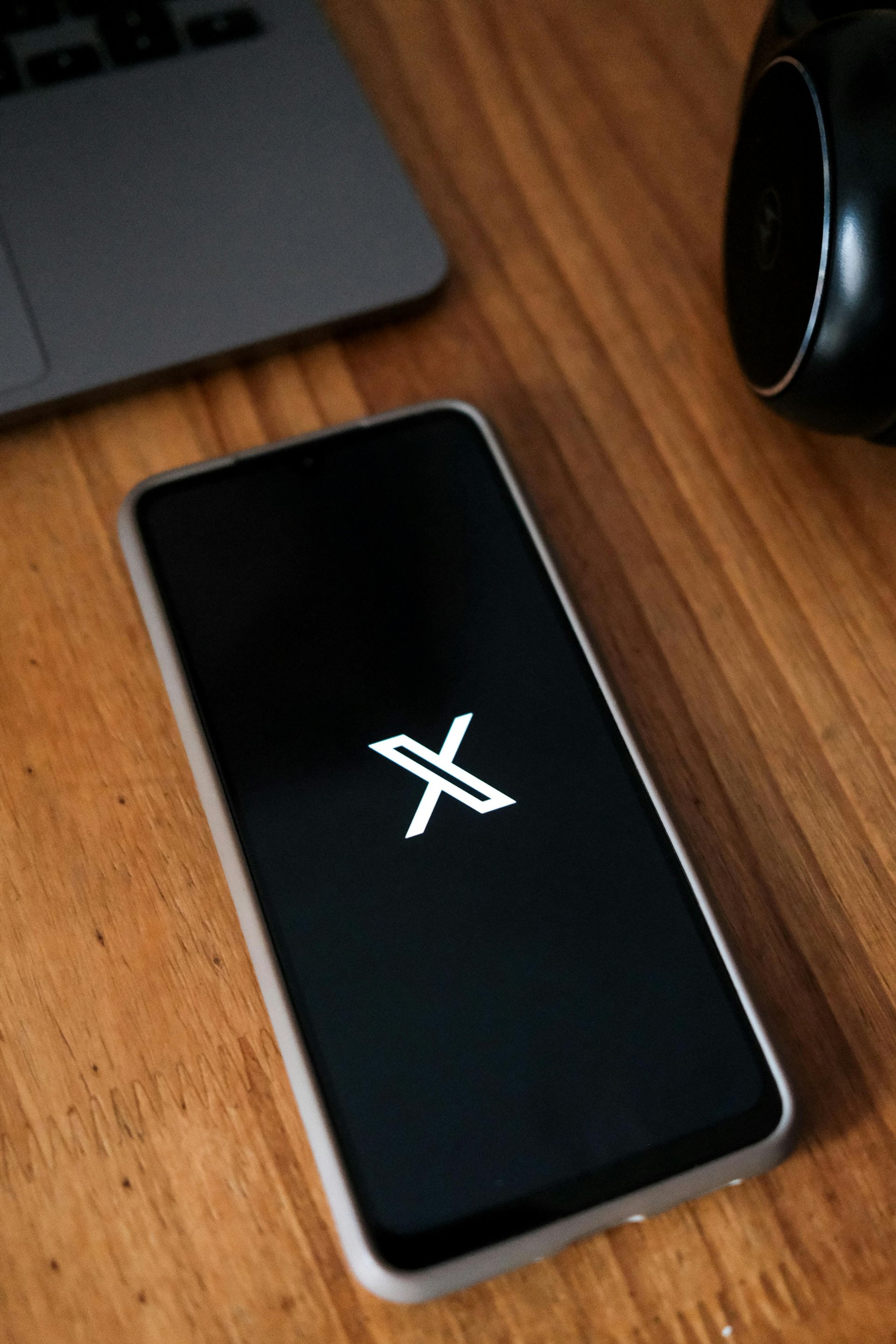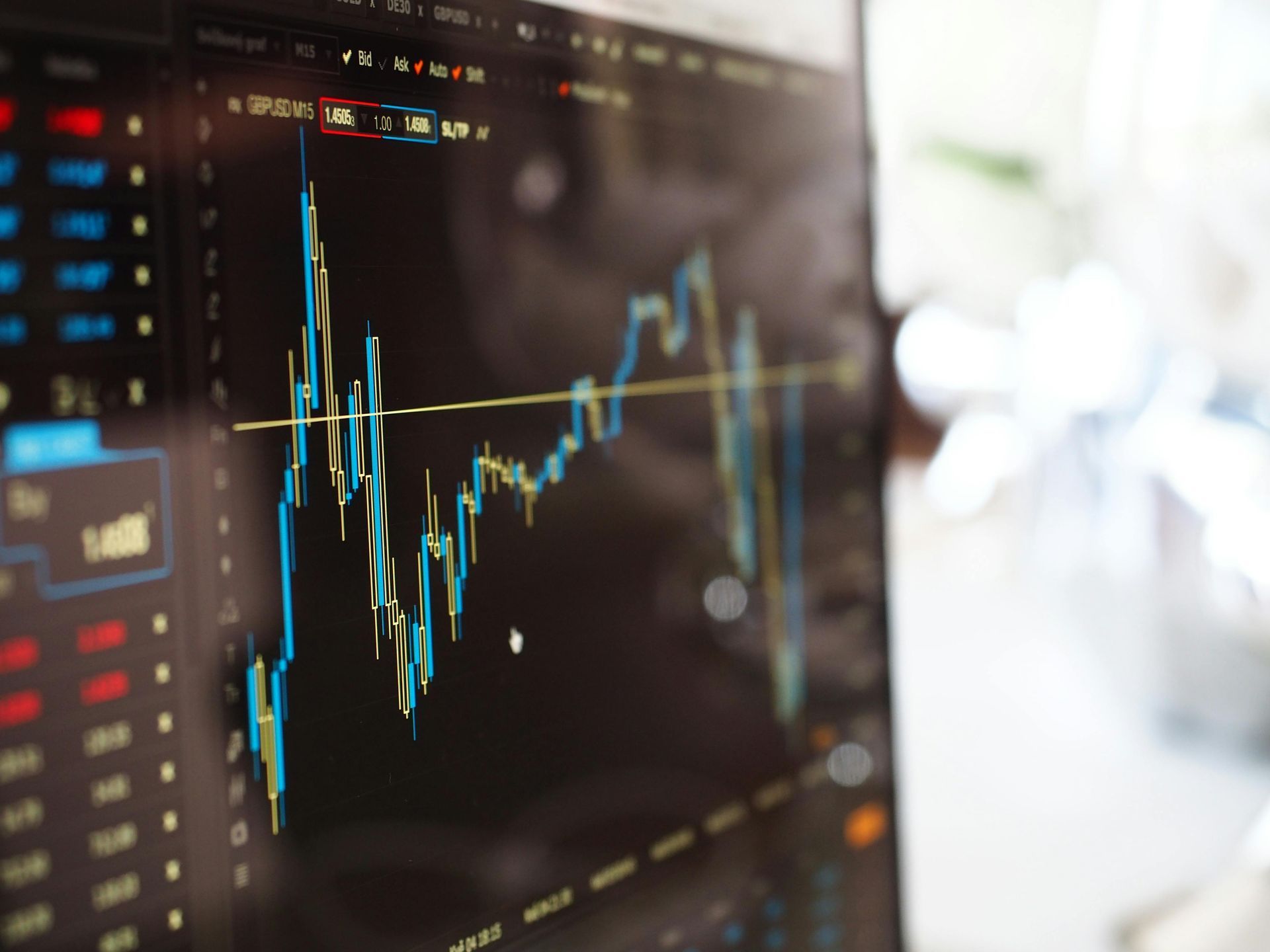
Cutting-Edge Digital Marketing Trends for 2025
Marketing Has Changed... Kinda
As the digital landscape evolves, staying ahead of the curve is vital for businesses looking to connect with their audiences. 2025 is shaping up to be a year of technological innovation, heightened personalization, and deeper customer engagement. Here are the top digital marketing trends you need to know to stay competitive.
AI-Powered Personalization
Artificial intelligence (AI) continues to revolutionize digital marketing, enabling hyper-targeted and personalized experiences for consumers. Hyper-targeted ads use AI tools to analyze customer data and behaviors, delivering ads tailored to individual preferences, which increases click-through rates and conversions. Dynamic content takes this further by allowing websites and emails to adapt in real-time to user interactions, offering a seamless and engaging experience. Additionally, AI-driven chatbots provide 24/7 support, answering queries and guiding users through their purchasing journey.
Voice and Visual Search Optimization
The rise of voice-activated devices and visual recognition tools has created new opportunities for marketers to optimize their content. Voice search is becoming more popular as people use smart speakers and mobile devices, making it essential to optimize content for conversational queries. Similarly, visual search tools like Google Lens allow users to search using images, emphasizing the importance of optimizing content for image recognition.
Short-Form Video Content
Video continues to dominate, but short-form content is where the action is in 2025. Platforms like TikTok, Instagram Reels, and YouTube Shorts prioritize engaging videos that capture attention quickly. User-generated content (UGC) plays a significant role as brands collaborate with influencers and encourage customers to create authentic videos that resonate with their peers.
Augmented and Virtual Reality Integration
AR and VR technologies are becoming integral to enhancing customer experiences. Augmented reality (AR) is being used for virtual try-ons in fashion, makeup, and even home décor, giving customers a chance to experience products before purchasing. Virtual reality (VR) creates immersive experiences for virtual events, tours, and product demonstrations, leaving a lasting impression on users.
Interactive Content
Consumers crave engagement, and interactive content delivers. Quizzes, polls, and surveys invite users to participate actively, gathering valuable insights while keeping them entertained. Shoppable posts on social platforms streamline the purchase process by allowing users to shop directly from the content they’re engaging with.
Sustainability and Social Responsibility Marketing
Consumers in 2025 increasingly value brands that align with their ethics. Highlighting eco-friendly practices and sustainability initiatives builds trust and loyalty. Authenticity and transparency in messaging, along with clear reporting on social responsibility efforts, are crucial for maintaining brand credibility.
First-Party Data Strategies
With increasing privacy regulations and the phasing out of third-party cookies, first-party data has become a priority. Brands are focusing on loyalty programs to encourage users to sign up for exclusive offers, helping collect valuable first-party data. Gated content is another effective strategy, offering premium content in exchange for user information while providing value.
Social Commerce Growth
Social media platforms are integrating e-commerce features, making it easier than ever for users to shop directly within the app. Platforms like Instagram, TikTok, and Pinterest offer seamless shopping experiences, enabling brands to turn social engagement into direct sales.
Advanced Influencer Marketing
Influencer marketing continues to evolve, focusing on authenticity and niche targeting. Niche micro-influencers, with smaller but highly engaged audiences, often provide better ROI than macro-influencers. AI-generated influencers are also gaining traction, offering brands a futuristic and innovative way to engage audiences.
Conversational Marketing
Real-time, two-way communication is becoming the standard for engaging customers. Messaging apps like WhatsApp, Facebook Messenger, and live chat features allow brands to offer instant support and guidance. Conversational AI is also advancing, enabling chatbots to handle complex queries and nurture leads through the sales funnel seamlessly.
Podcast Marketing
The podcasting boom continues, offering unique opportunities for brands to connect with niche audiences. Ads and sponsorships on popular podcasts can help brands reach targeted demographics, while branded podcasts establish authority and build a loyal audience.
Web3 and Blockchain Marketing
The decentralized internet and blockchain technology are reshaping digital marketing strategies. Non-fungible tokens (NFTs) are being used for loyalty programs, exclusive content, and collectibles. Decentralized apps (dApps) offer unique ways to engage users in a more secure and transparent environment.
Zero-Click Content
With users increasingly finding answers directly on search engine results pages (SERPs), crafting zero-click content is crucial. Optimizing for Google’s featured snippets ensures your content appears at the top of SERPs, while position zero strategies provide concise, high-value answers that satisfy search queries without requiring a click.
AI-Generated Content
AI tools like ChatGPT, Jasper, and Copy.ai are transforming content creation. These tools assist in generating high-quality blogs quickly, saving time and resources. They also help craft compelling ad copy tailored to specific audience segments, making content creation faster and more efficient.
These trends underscore the importance of embracing technology, prioritizing personalization, and fostering authentic connections with your audience. By integrating these strategies into your marketing efforts, your brand can thrive in 2025 and beyond. Are you ready to take the leap into the future of digital marketing?






